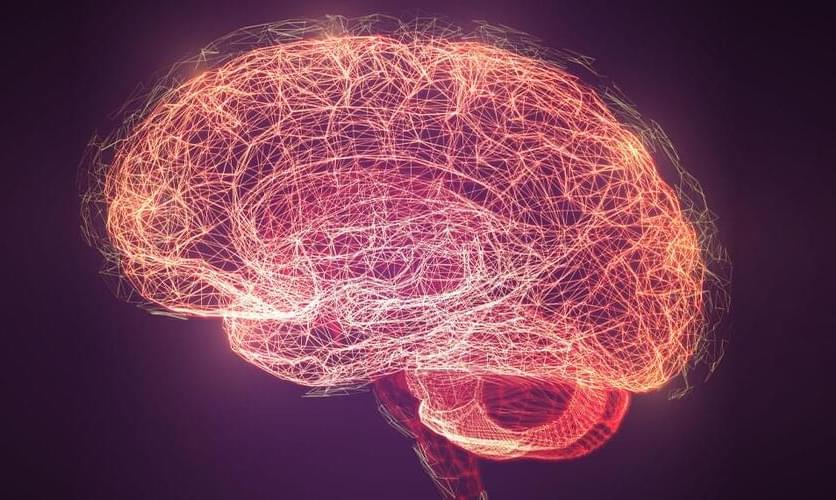Research published in the journal Depression & Anxiety provides evidence that neurocognitive abnormalities are related to difficulties in social connection among people with posttraumatic stress disorder. The findings suggest that those with PTSD are more likely to struggle with managing multiple pieces of social information.
Approximately 7% of the population will have PTSD at some point in their lives, according to the National Institute of Mental Health. The disorder is characterized by persistent and intrusive memories of traumatic events, disrupted sleep, and other symptoms. PTSD has also been tied to social isolation and feelings of loneliness.
The researchers behind the new study sought to better understand whether the link between PTSD and isolation was related to specific impairments in neurocognitive mechanisms that support social cognition. They were particularly interested in social working memory, which describes the ability to maintain and manipulate information about people’s mental states, personalities, and relationships.
